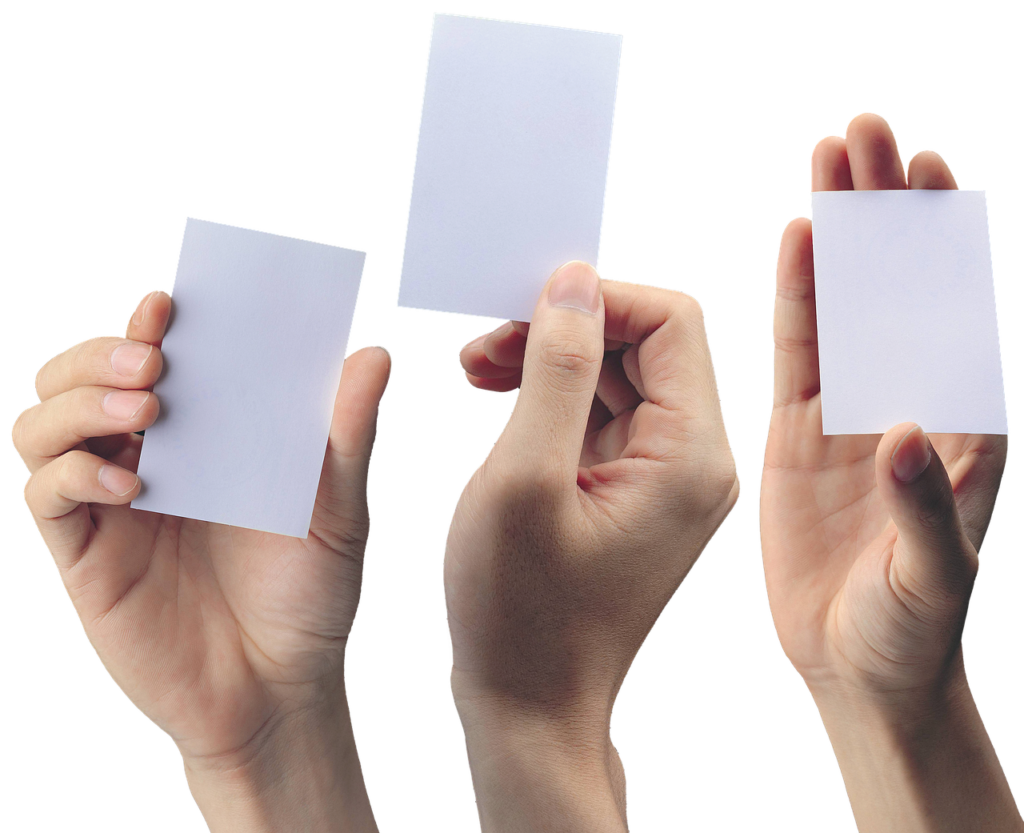Medical Marijuana Cards

A medical marijuana cards lets you legally purchase and use cannabis for medical purposes, offering benefits like lower taxes and increased possession limits. To get one, you need a recommendation from a licensed healthcare provider, along with valid ID and proof of residency, and you’ll complete an application form. Once approved, you can access exclusive cannabis products at licensed dispensaries, where knowledgeable staff can help you choose the right items for your medical needs. Qualifying conditions often include chronic pain, PTSD, and cancer. There’s a lot more to explore about how these cardss work and their benefits.
What is a Medical Marijuana Card?
A medical marijuana cards is an official document that lets you legally purchase and use cannabis for medical purposes. This cards is issued by your state’s health department or another regulatory body, and it serves as proof that you have a qualifying medical condition that allows you to use medical marijuana.
Having this cards can provide you with access to cannabis products that may not be available to the general public, including higher potency options and specific strains tailored to your medical needs.
You might be wondering why you need a medical marijuana cards when recreational marijuana is legal in some states. The main reason is that a medical marijuana cards can offer you benefits that aren’t available to recreational users.
For example, you might pay lower taxes on medical marijuana products, and you could also be allowed to possess and grow more cannabis than recreational users. Additionally, having a cards can grant you access to medical dispensaries, which often have more knowledgeable staff who can guide you in selecting the right products for your condition.
It’s essential to understand the specific laws and regulations in your state, as they can vary significantly.
How to Apply for a Medical Marijuana Card
To apply for a medical marijuana cards, you’ll need to follow a series of steps that usually start with a visit to a healthcare provider.
First, make an appointment with a doctor who’s licensed to recommend medical marijuana. During this consultation, discuss your medical condition and why you believe medical marijuana could help. If the doctor agrees, they’ll provide a written recommendation.
Next, gather the necessary documents. This typically includes your doctor’s recommendation, a valid ID, and proof of residency, such as a utility bill or lease agreement. Each state has its own specific requirements, so check your state’s medical marijuana program website for exact details.
Once you have all your documents, you’ll need to complete an application form. Most states offer online applications, making the process more convenient. Submit your application along with any required fees. Fees can vary, so ensure you know the cost in advance.
After submitting your application, you’ll usually receive a temporary cards or confirmation email while your application is processed. Once approved, your official medical marijuana cards will be mailed to you. Keep track of your cards’s expiration date and renew it as needed.
Using Your Medical Marijuana Card
Once you have your medical marijuana cards, you can legally purchase cannabis products from licensed dispensaries. Start by finding a dispensary that’s convenient for you. Many dispensaries have websites where you can browse their menus, check product availability, and even place orders online for pickup or delivery, depending on local regulations.
When you visit a dispensary, bring your medical marijuana cards and a valid ID. Most dispensaries require both forms of identification to verify your eligibility. Once inside, you’ll find a variety of products, including flower, edibles, tinctures, and topicals.
Consult with the dispensary staff if you’re unsure which products are best for your medical condition. Budtenders are knowledgeable and can guide you based on your needs and preferences. They can explain different strains, dosages, and methods of consumption.
After selecting your products, you’ll complete your purchase at the checkout. Take note of any legal purchase limits, which can vary by state. Keep your products in their original packaging and store them securely at home.
Follow any state-specific guidelines on transportation and consumption to ensure you’re always compliant with local laws. Enjoy your newfound access to medical cannabis responsibly and safely.
Common Questions About Medical Marijuana Cards
Many people have questions about the ins and outs of obtaining and using a medical marijuana cards. One common question is: Who qualifies? Typically, you need a diagnosis of a qualifying condition like chronic pain, PTSD, or cancer. Your state’s specific list might vary, so check local regulations.
How do you get one? First, consult with a doctor who’s licensed to recommend medical marijuana. They’ll review your medical history and determine if you qualify. If you do, they’ll provide a written recommendation, which you’ll use to apply through your state’s medical marijuana program.
What about costs? You’ll likely face two main expenses: the doctor’s consultation fee and the state application fee. These can vary widely, so it’s a good idea to budget accordingly.
Can you use the cards in other states? Some states practice reciprocity, meaning they recognize medical marijuana cardss from other regions. However, this isn’t universal, so always check the laws if you’re traveling.
Lastly, how long is the cards valid? Most cardss are valid for one year, after which you’ll need to renew. Keep track of your expiration date to ensure uninterrupted access.
marijuana doctors
marijuana doctor
MARIJUANA DOCTOR
MARIJUANA DOCTOR
marijuana doctor
medical marijuana
medical cannabis
medical marijuana doctor
medical marijuana doctor
medical marijuana doctor
medical marijuana doctor
medical marijuana doctor
medical marijuana card
medical marijuana card
medical marijuana card
medical marijuana card
medical marijuana card
medical marijuana patients
texas medical marijuana
texas medical marijuana
texas medical marijuana
texas medical marijuana
texas medical marijuana
texas medical marijuana
compassionate use registry
medical marijuana dispensaries
medical marijuana dispensaries
medical marijuana journey
medical marijuana journey
texas department
texas department
texas department
post traumatic stress disorder
post traumatic stress disorder
post traumatic stress disorder
qualifying medical conditions
qualifying medical conditions
qualifying medical conditions
qualifying medical conditions
qualifying medical conditions
low thc cannabis
low thc cannabis
low thc cannabis
low thc cannabis
low thc cannabis
medical conditions
medical conditions
multiple sclerosis
multiple sclerosis
multiple sclerosis
multiple sclerosis
multiple sclerosis
san antonio
san antonio
san antonio
san antonio
san antonio
alleviate symptoms
public safety
incurable neurodegenerative disease
incurable neurodegenerative disease
incurable neurodegenerative disease
compassionate use act
compassionate use act
compassionate use act
metric and imperial units
metric and imperial units
metric and imperial units
initial consultation
initial consultation
initial consultation
dallas tx
dallas tx
dallas tx
dallas tx
dallas tx
intractable epilepsy
intractable epilepsy
intractable epilepsy
amyotrophic lateral sclerosis
amyotrophic lateral sclerosis
amyotrophic lateral sclerosis
potential benefits
medical marijuana doctors
A marijuana doctor specializes in assessing patients to determine if they qualify for medical cannabis use. These professionals provide recommendations and guidance on how to use cannabis for therapeutic purposes ensuring patients receive the appropriate treatment for their conditions. Their expertise helps patients navigate the complexities of medical cannabis laws and usage.
medical marijuana doctors
medical marijuana doctors
medical marijuana doctors
medical marijuana doctors
well being
low thc
low thc
physician
physician
physician
physician
physician
texas
texas
texas
texas
texas
marijuana doctors
marijuana doctors
marijuana doctors
marijuana doctors
marijuana doctors
doctor
doctor
doctor
doctor
doctor
prescription
prescription
prescription
prescription
prescription
access
access
access
access
access
qualify
qualify
qualify
qualify
qualify
specific needs
specific needs
specific needs
specific needs
specific needs
cannabis
cannabis
cannabis
cannabis
cannabis
dallas
dallas
dallas
dallas
dallas
treatment
treatment
treatment
treatment
treatment
patient
patient
patient
patient
patient
pay
pay
pay
pay
pay
education
education
education
education
education
benefits
benefits
benefits
benefits
benefits
marijuana
marijuana
marijuana
marijuana
marijuana
request
request
request
request
request
medicine
medicine
medicine
medicine
medicine
evaluation
evaluation
evaluation
evaluation
evaluation
telemedicine
telemedicine
telemedicine
telemedicine
telemedicine
consult
schedule
schedule
schedule
schedule
schedule
medications
medications
approved
doctors
doctors
doctors
doctors
doctors
cancer
cancer
cancer
cost
cost
cost
cost
cost
home jump left
home jump left
home jump left
dallas texas
legal
legal
legal
visit
visit
visit
visit
visit
city
city
ailments
person
person
person
person
person
benefit
concerns
concerns
